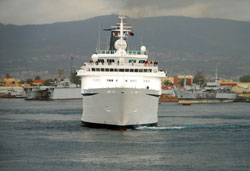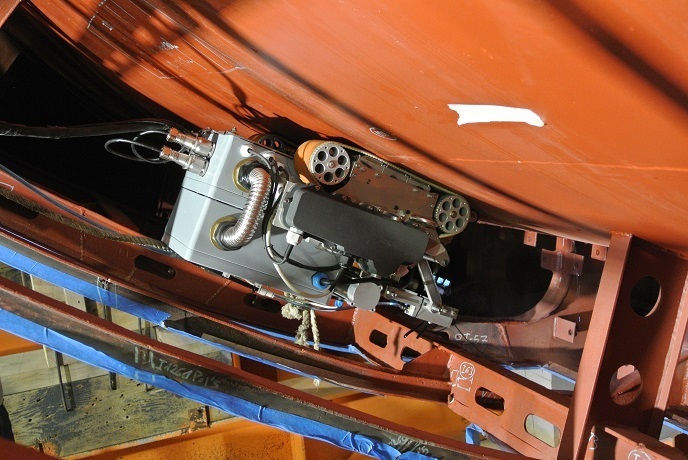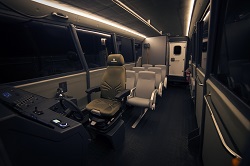Sailing into smoother waters
Ships are technically able to operate throughout the year, but in reality shipping schedules are often stopped or delayed by bad weather conditions for many months during the winter. The main reasons for these potential delays are discomfort to passengers and safety issues. The motion sickness prediction models currently in use are 25 to 30 years old. As a result, the objective of the COMPASS project was to create new standards for motion sickness prediction models. The objective was to not only improve the comfort and safety of passengers and crew on board ships but to improve reliability and operability. Raising standards in these areas will also increase competitiveness in the European shipping industry. A questionnaire monitoring system has been set up on board certain ships including cruise ships, ferries, high-speed craft and catamarans. These are spread out over different geographical areas including the Baltic Sea, the Mediterranean, the Norwegian Sea and the English Channel. The questionnaires provide crucial information on parameters of motion sickness and passenger comfort and the way they are dealt with by staff. The experience gained through the project questionnaires will lead to a standardised methodology for evaluating comfort and passenger satisfaction on board ships. Permanent long-term monitoring systems will be installed on ships including a set of accelerometers, a wave meter and a PC unit. The PC unit will be used for data acquisition and processing using dedicated software. The computer system will be able to monitor overall comfort levels on ships and adjust operational guidelines on speed and wave height in relation to passenger comfort.





